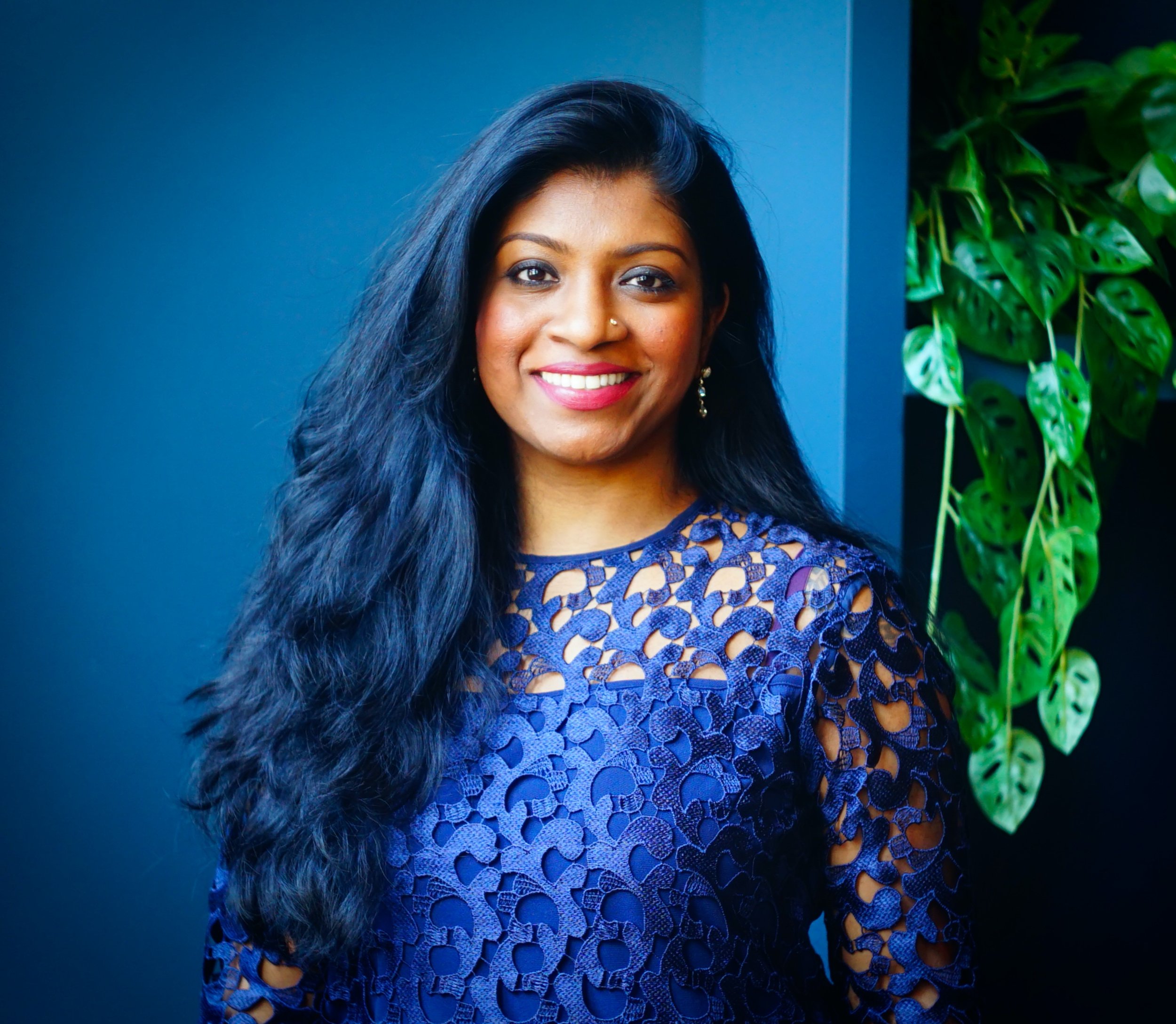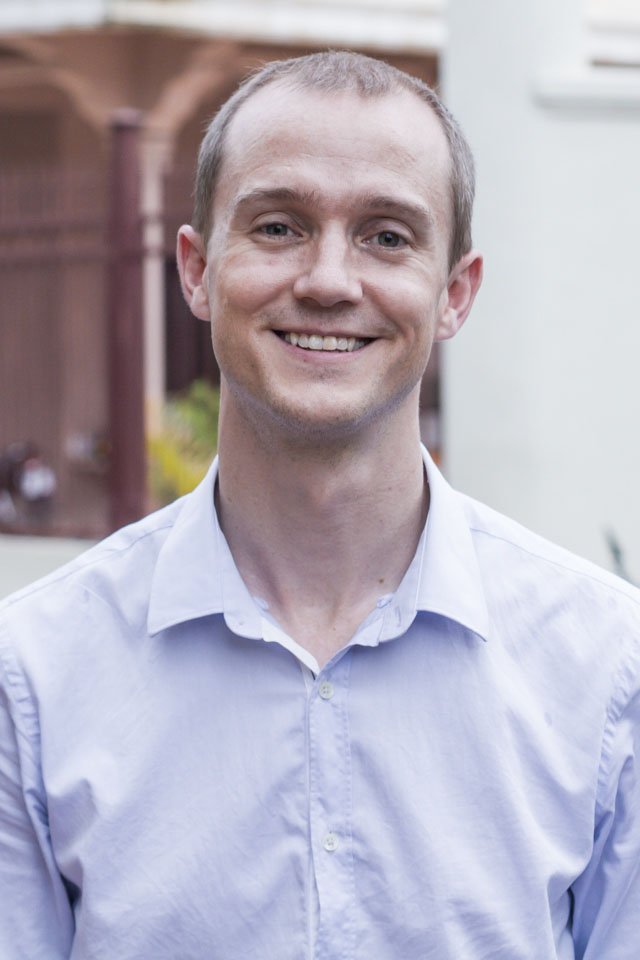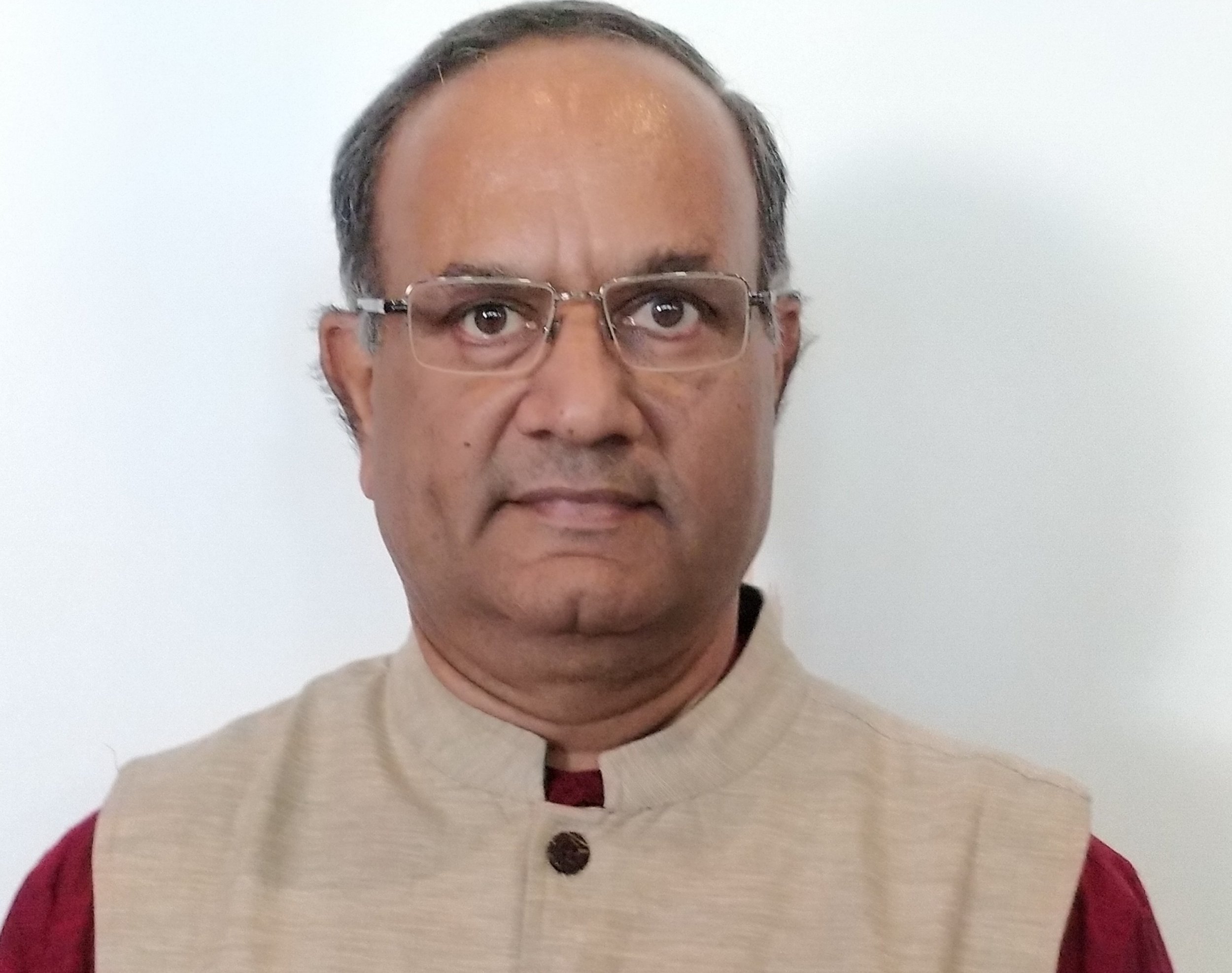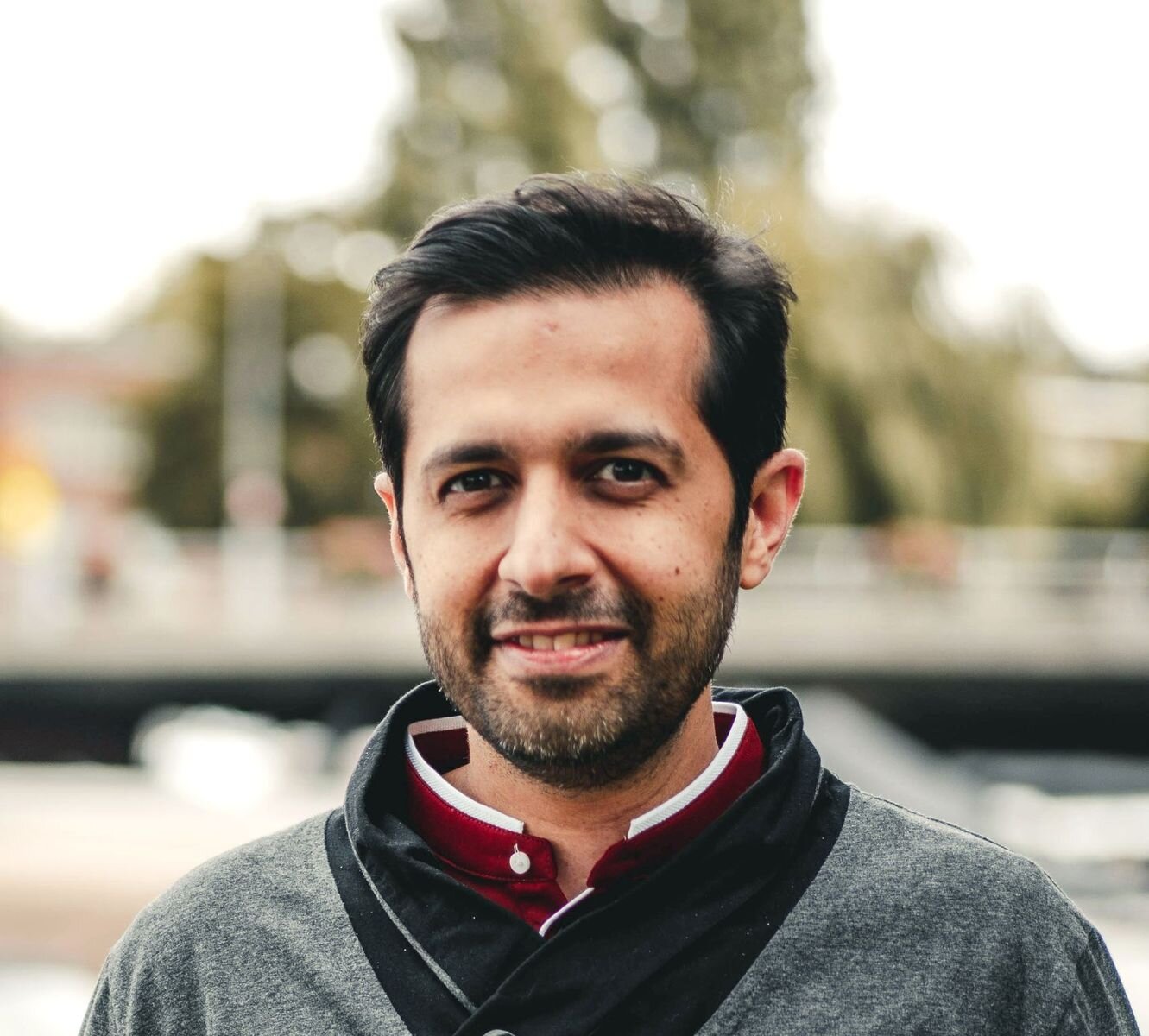
Caste at Work
Sujatha & Deepak are in conversation with Pratap Tambe & Christina Dhanuja about caste at work, which is conspicuously absent from conversations concerning workplaces, despite its historical reality. They shed light on their personal journeys, professional experiences and engage in a powerful discussion on discrimination, social justice, disruptive innovation and employment practices.

Leadership Ascent and Biological Distress: Opening the Black Box of Menopause at Work
In this episode, Sujatha, Deepak and Amoolya talk to Reena Dayal, about a topic that we tend to tiptoe around, menopause! Specifically, about what happens in the world of work when a woman, typically in her 40s and 50s, on her way to leadership positions, is beset by menopause.
We discuss how menopause is defined, the diverse experiences of women going through it, and about what workplaces are doing and can do about this.

Open Book: How Talented is Redefining an Employee First Culture in Advertising
Deepak, Sujatha and Amoolya speak to Gautam Reghunath and P.G. Aditiya, the co-founders of Talented, about the agency’s promise to positively transform the employee experience, through openness and transparency, through the open employee handbook.
Gautam and Aditiya talk about their work experiences that led them to starting Talented, the vision and mission of the agency, what are some of the non-negotiable aspects of the approach they are taking, and how stakeholders, including clients, are responding.

Reframing our Work Reality through Appreciative Inquiry
In this episode, Deepak and Sujatha talk to G. Viswanath about Appreciative Inquiry. Often, problem-solving approaches focus only on what is wrong. Appreciative Inquiry instead takes a positive and enabling approach to individual and organisational growth, grounded in an abundance mindset. In this episode, Vish, Deepak and Sujatha share three stories about their experience with AI and explore the potential as well as challenges associated with an AI approach to human and organisational growth.

Mission Accomplished: How Non-Profits Can Design for Planned Closure
In this episode, Sujatha and Deepak speak to Geoff Revell who co-founded WaterSHED, a Cambodian non-profit organization working on water, sanitation and hygiene. WaterSHED was unique because it was designed to last only for 10 years. They speak on how WaterSHED's planned exit influenced its goals, values, strategy, day-to-day operations and the response of the various stakeholders.

Collaborating beyond Conflicts: Lessons from an Activist Researcher
In this episode, Sujatha and Deepak talk with K.J. Joy, an activist-researcher who has been working on people’s rights to natural resources at grassroots and policy levels for over four decades.
Water is an essential resource with competing claims to its use. Conflicts while being inevitable can also lead to resolution of complex problems. Joy’s experiences as an activist, researcher, social scientist and social leader helps our understanding of conflict, it’s resolution, and management of multi-stakeholder interests.

Organisational Transformation of Gram Panchayats
In this episode, Sujatha and Deepak speak to Sonali Srivastava, founder and CEO of ANODE Governance Lab to uncover the intricacies of Gram panchayats as organisations - their role in Indian society and governance; their transformative potential and changes in Gram Panchayats over the years. They also discuss the different Organisation Development processes, Change Management processes that Sonali has worked with a few Gram Panchayats; their impact on the Gram Panchayats as an organisation and societal institution. Finally, the conversation also touches upon the leadership qualities that cut across corporate, social and civic spaces.

The Pointy End of Performance: Learning Agility from the Indian Army
In this episode, Deepak and Sujatha speak to Lt. General A. Arun on what makes the Indian army autonomous, adaptable and agile on the ground, even though the army can be bureaucratic with very clear common and controls. We discover a systematic way of building camaraderie, bonding and team spirit amongst the soldiers, the efficacy of different leadership styles and the difference between leadership and management.

What For-Profits can learn from Non-Profits
The predominant narrative in the social sector ecosystem is what the Not-Profit Ecosystem can learn from the For-Profit Sector - in a sense about becoming more professional. Rarely if ever, the counter narrative is heard - of what the for-profit or the commercial sector can learn from non-profits, charities and social enterprises. In this open conversation, Sujatha and Deepak speak to Ravi Sreedharan, Founder and Director of Indian School of Development Management (ISDM) and unpack lessons from the social world that the business world can learn from.
Democracy@Work: The Case Study of Nilenso
In this episode, Deepak and Sujatha speak to Deepa Venkatraman and Steven Deobald from Nilenso. Nilenso is a 100% employee owned software cooperative based out of Bangalore. They discuss the practicalities, unique workplace practices and decision-making processes that enable Nilenso to practice democracy for over a decade.

Beyond POSH: Gender Harassment in the WorkPlace
Picture a Scientist, released in April 2020 on Netflix, is a movie that explores sexual harassment and gender bias in the scientific community through the narratives of three women scientists - biologist Nancy Hopkins, chemist Raychelle Burks, and geologist Jane Willenbring. In this episode, Sujatha and Deepak speak to Sharon Shattuck - one of the directors of the movie about the film, the making of the film and the explicit and subtle harassment faced by women at the workplace.

Women on Top! - How women in family-owned business are taking control
Increasingly women are making their presence felt in family owned businesses in India. In this episode, Mala Paliwal, decodes why and what is happening with second and third generation of women in family-owned business and how they are challenging traditional patriarchies to establish themselves as leaders of their enterprises.

The Liberated Entrepreneur
Entrepreneurs are viewed as value creators, disruptors, innovators and fearless go-getters. How does do these kinds of narratives and identities impact the inner and outer world of entrepreneurs? In this episode, our guest, Raj Mariwala discusses why and how entrepreneurs struggle with mental health, and the holistic support systems that they can and need to develop to ensure well-being and resilience for themselves.

Business as Identity: The Mental Health of Entrepreneurs
Entrepreneurs are viewed as value creators, disruptors, innovators and fearless go-getters. How does do these kinds of narratives and identities impact the inner and outer world of entrepreneurs? In this episode, our guest, Raj Mariwala discusses why and how entrepreneurs struggle with mental health, and the holistic support systems that they can and need to develop to ensure well-being and resilience for themselves.

Exponential connections: Power of communities in organisations
Today we face a great paradox: being simultaneously connected to tens, if not hundreds, of people through social media and yet feeling disconnected, lonely and alienated at work.
In this episode, Saugata Chatterjee talks about how organisations can leverage the power of communities for greater participation, knowledge exchange, exponential connections and transformative relationships.

Oh No! Not another meeting.
Organisations spend an enormous amount of their entire organisational time only on meetings, yet most meetings don’t serve the organisation’s purpose. In this episode, Sahana Chattopadhyay takes us through the concept of ‘Generative conversations’ and how this can be a powerful tool to turn dysfunctional meetings into breakthrough thinking and authentic conversations at work.

Do we need Managers? Holacracy and the Self-Managing Organisations with Mohammed Ali Vakil
Is it possible for a group of people to self-manage and lead their organisations through distributed authority and decision making? In this episode, our guest, Mohammed Ali Vakil helps us understand the remarkable power of Holacracy and how this is changing the way organisations are led and managed.

From Ill-being to WellBeing at the Workplace: With Shashi Nair
In this episode, our guest Shashi Nair explains how employees can enhance their wellbeing and engagement at work, through small everyday practices, and how organisations can enable individuals and teams to be open, engaged, transparent, trusting and authentic at work.